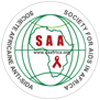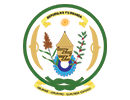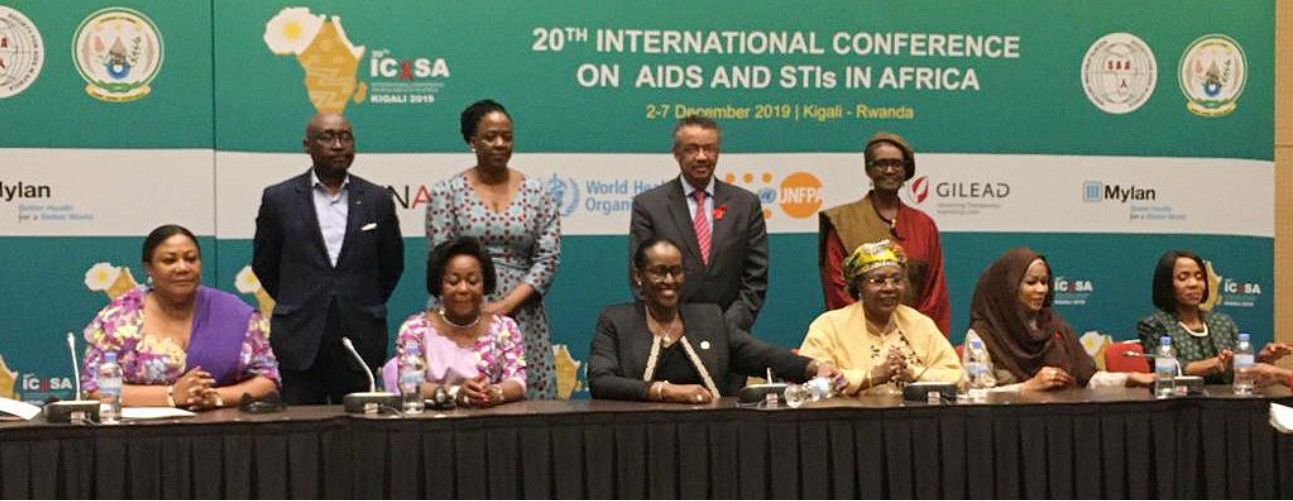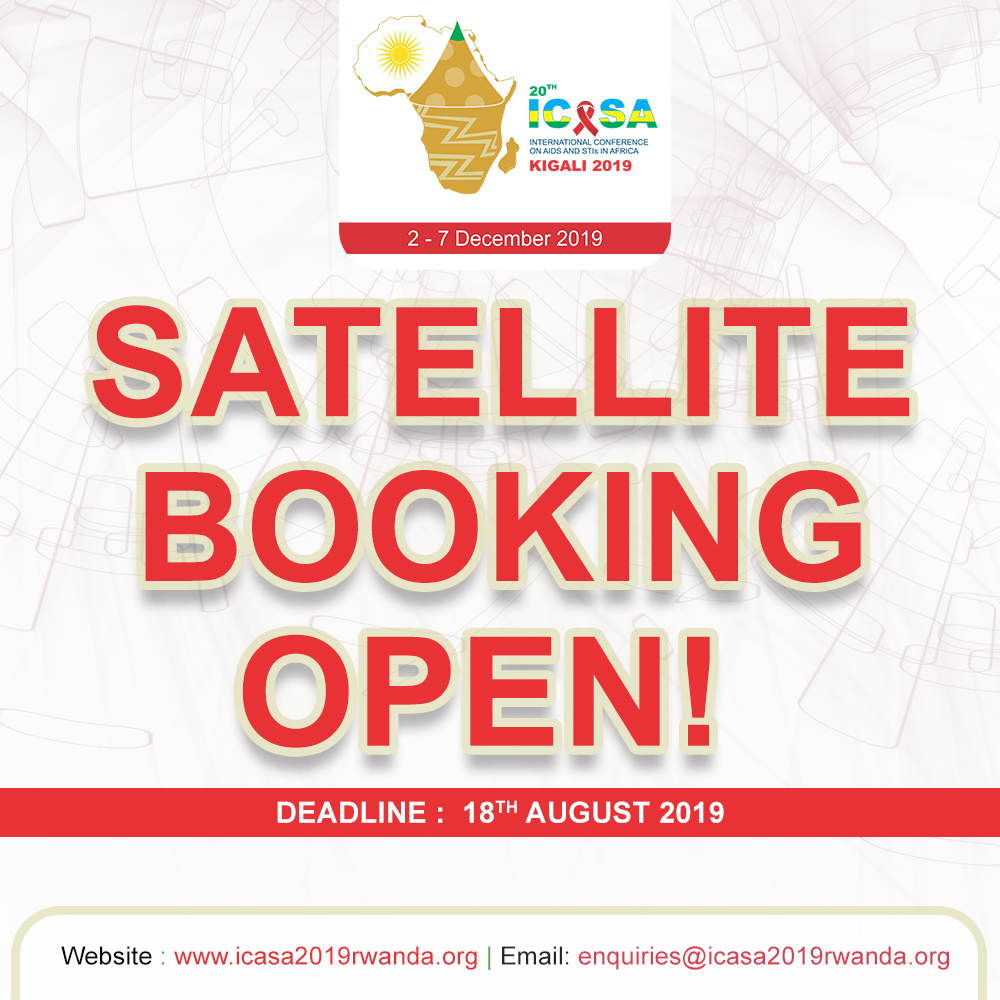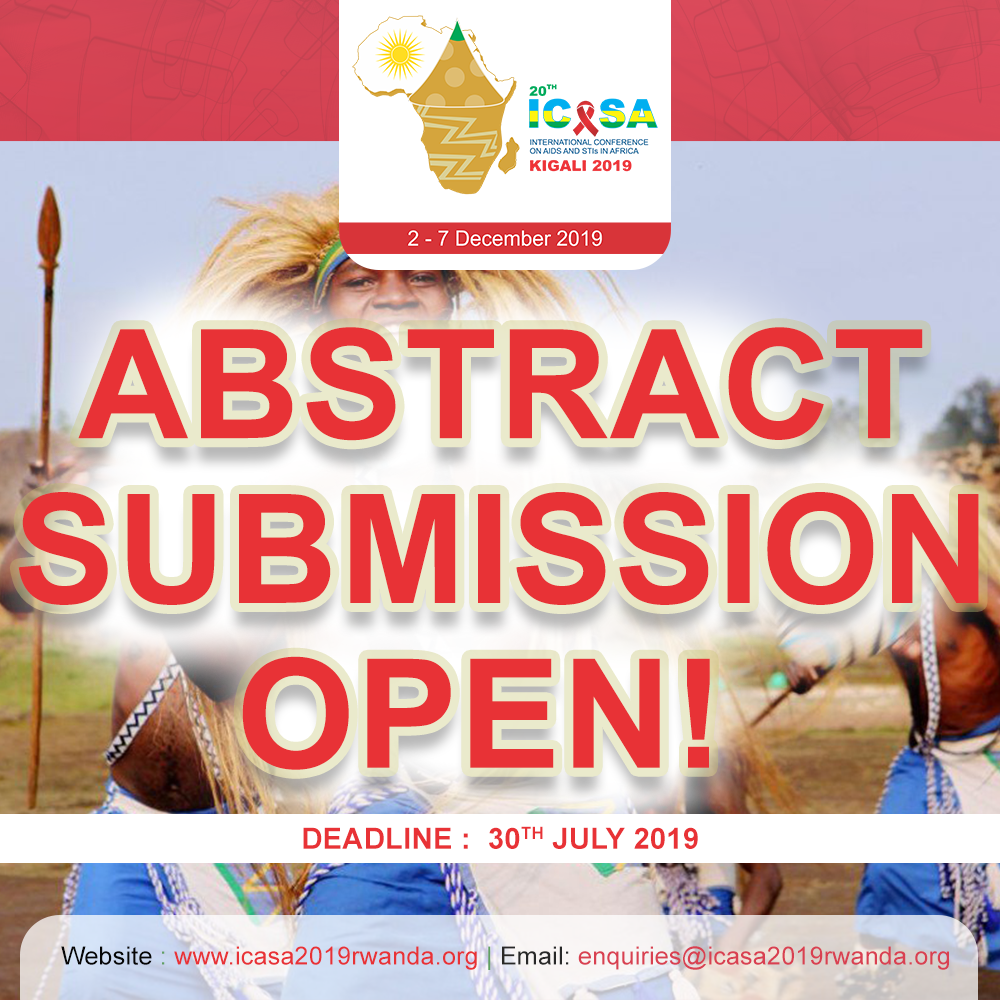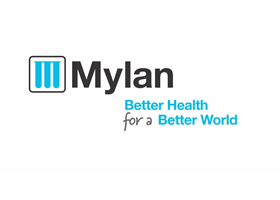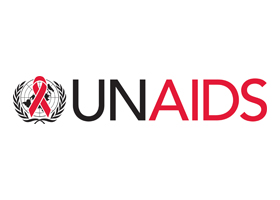Time: 8.30am – 1030am
Venue: MH1
Reporters: Beni Raissa Umubyeyi and Gisele Mahoro
The session was organized by the Organization of African First Ladies for Development (OAFLAD). Present were Jeannette Kagame, the First Lady of the Republic of Rwanda, Antoinette Sassou N’guesso, the First Lady of the Republic of Congo and current President of OAFLAD, Hinda Deby Itno, the First Lady of Chad, Aïssata Issoufou Mahamadou, the First Lady of Niger, Rebecca Akufo-Addo, the First Lady of Ghana and Neo Jane Masisi, the First Lady of Botswana. Others in attendance were the leaders of WHO, UNAIDS and Global Fund. The event discussed the interconnections between HIV/AIDS and broader Health and development agenda.
The First Lady Mrs Jeannette Kagame, in her welcoming remarks, noted it was important for the global HIV response to acknowledge what has worked and reveal what has not. OAFLA, which was founded in 2002, has continued to the fight against HIV/AIDS over the last 17 years including initiatives such as free to shine, the commitment to end pediatric AIDS and the commitment to keep mothers healthy. At the end of 2018, new HIV infections in Rwanda had decreased by 83% and AIDS-related deaths had decreased by 82% in the last 20 years. The country gives the opportunity for monthly open discussions about challenges arising from gender equity. Her key message was that: We must be deliberate in strengthening our defense against HIV and AIDS, and equip all men, women and children with the resources to live safe and healthy lives.
For Mrs Winnie Byanyima, Executive Director, UNAIDS, the key message is that 6200 adolescent girls are infected with HIV weekly. Girls are at risk of getting HIV because they lack the knowledge to make comprehensive decisions about their life. There is a big need to put girls in schools.
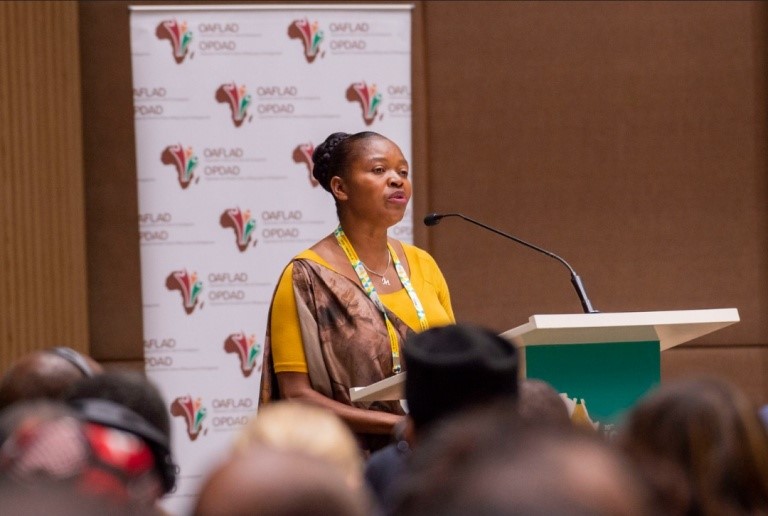
Picture of Sylvie Muneza
Sylvie Muneza, the Chairperson of Rwanda Network of People Living with HIV/AIDS (RRP+) shared her personal testimony and experience. She was diagnosed with tuberculosis, and then HIV. She had considerable weight loss and weight. She planned to commit suicide after her diagnosis. However, through the challenges, she mobilized others and started the association for others infected and the children orphaned by AIDS called IGIIHOZO. Shortly after, the Rwanda government started the program on free access to treatment and through Imbuto Foundation, the First Lady of Rwanda provided them health insurance for 5 years. This access to care made a difference to the health and wellbeing of people living with HIV as they were able to create small and medium income jobs. With 186,000 members, 300 cooperatives had been formed. She has a child that is not infected with HIV infection. For people living with HIV, poverty is the biggest challenge for their everyday life.
There was a panel discussion about three topics:
- How does gender inequality increase women’s vulnerability to HIV?
- How can we link services and psychosocial support for improved mental health and wellbeing of adolescent?
- Why should we advocate for the triple elimination of mother to child transmission of HIV, hepatitis and syphilis?
- Tedros Adhanom Ghebreyesus, the WHO Director General also added a remark that no mother should die giving birth, and declared that WHO have declared 2020 as year of midwives. WHO needs the support of all first ladies to make this happen.
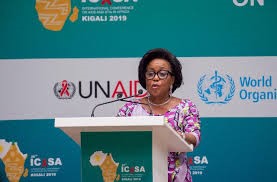
Picture of Mrs N’guesso
In her closing remark, Mrs N’guesso, said that a focus of the ICASA 2017 that held in Abidjan, Cote d Ivoire, was the elimination of transmission of HIV from mothers to child. This is no longer a dream as Africa is on the way to achieve the 90-90-90 treatment target to end the AIDS by 2030. She emphasized that efforts are being directed to address the needs of vulnerable groups like women, adolescents children. Africa is committed to the 90-90-90 goals and by 2030, it is expected that there won’t be any new infections if vulnerable groups are targeted for interventions.


